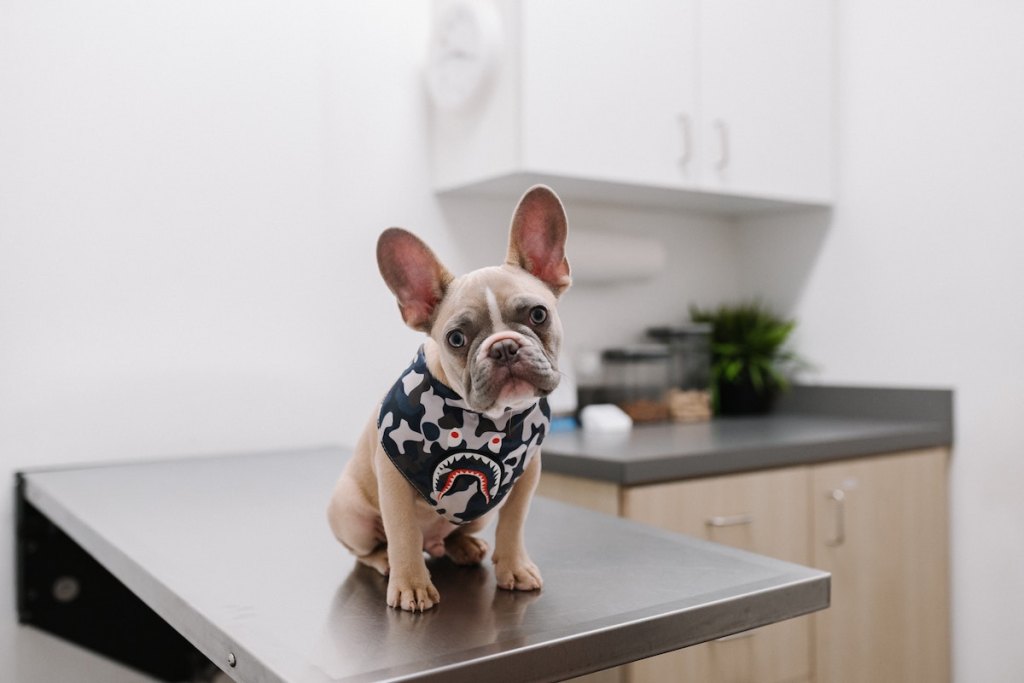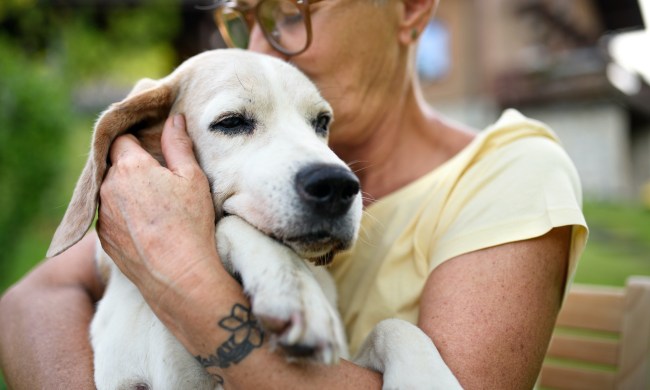
In pet ownership, as in all life, you run into hurdles. Some dogs never have an issue with their anal glands, but they can come as a surprise to even veteran owners who suddenly see or smell something off. Unfortunately, you’ll quickly discover how difficult (and gross) these little sacs can be. But dogs with particularly tricky bathroom issues will require a little maintenance and extra attention to the butt area.
What are anal glands?
There’s no delicate way to say this: They’re two smallish glands on either side of your pet’s butthole. From an evolutionary perspective, the anal glands give off a unique scent, and the idea is that it acts as a canine’s signature. Anal glands aren’t analogous to anything we have as humans, so definitely don’t worry about your own body expressing anything like this. However, many pups wind up having issues in this department and find themselves unable to empty them on their own.
Why do dogs’ anal glands fill up?
Certain underlying problems, like obesity and poor diet, might make a dog more susceptible to gland issues. Smaller breeds also tend to struggle a bit more since their whole area is more compact. You may find your pooch expressing their own glands, licking the area, or scooting. That means it’s time for an inspection.

How do you prevent anal gland issues?
Talk to your vet about what could be causing Fido’s difficulties, as it can vary, but generally, you’ll want to look at how much food and exercise they’re getting. Additionally, a supplement, like a probiotic, will frequently take care of the issue. This works mostly by firming up the poop but can also introduce good bacteria to his gut.
Any time a new symptom arises, you want to stay mindful of other conditions, and anal glands are no different. If they’re frequently full or extra foul smelling, that could mean an infection. Lastly, sometimes a dog expresses their own anal glands if they are scared, stressed, or occasionally just because they’re full.
Should you express your dog’s anal glands at home?
You absolutely can learn to do this yourself, but we recommend having the vet show you first. Be very careful, and remember, it’s a sensitive area for your beastie. Many pets need this routine maintenance every month, which means you could be looking at some pretty big vet bills if you rely on your dog doctor to take care of it each time. When they are expressed, you’ll note there’s a pretty intense smell and an unpleasant substance. The vet will know if anything seems amiss, but that’s mostly to be expected.
Ultimately, while fairly off-putting, expressing your animal’s anal glands will hopefully just become another part of your routine. One other option is to check in with your groomer and see if it’s a service they offer. You can then combine it with a monthly bath or nail trim or stick with DIY. Once you’ve done it a few times, you’ll know exactly how to keep your pet comfy.



